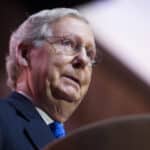
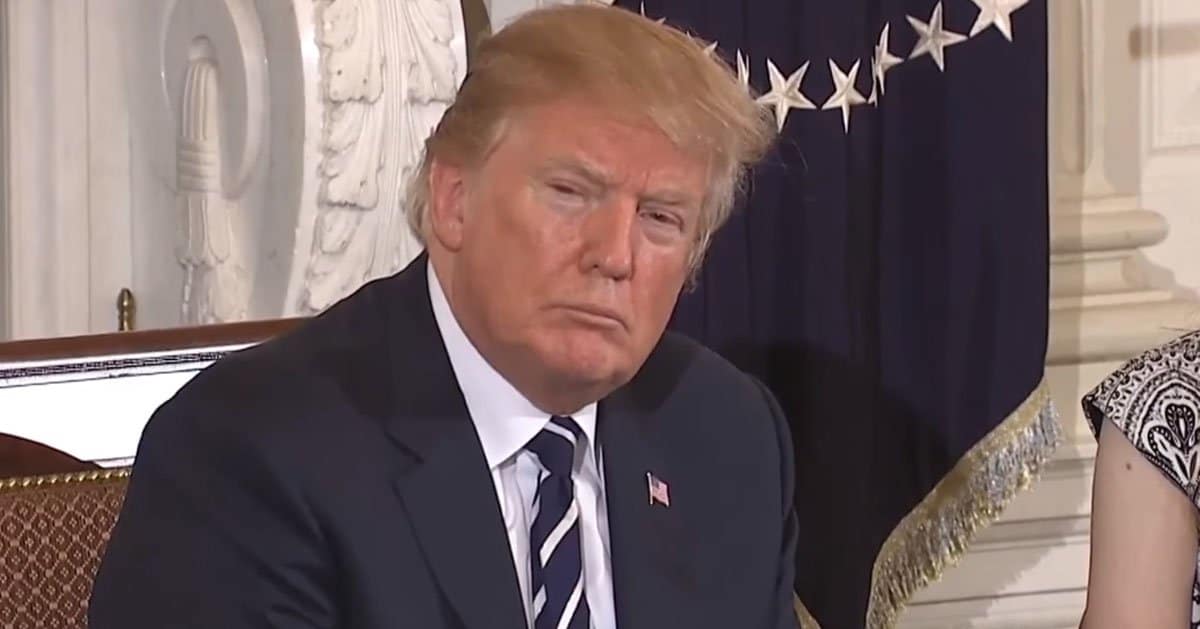
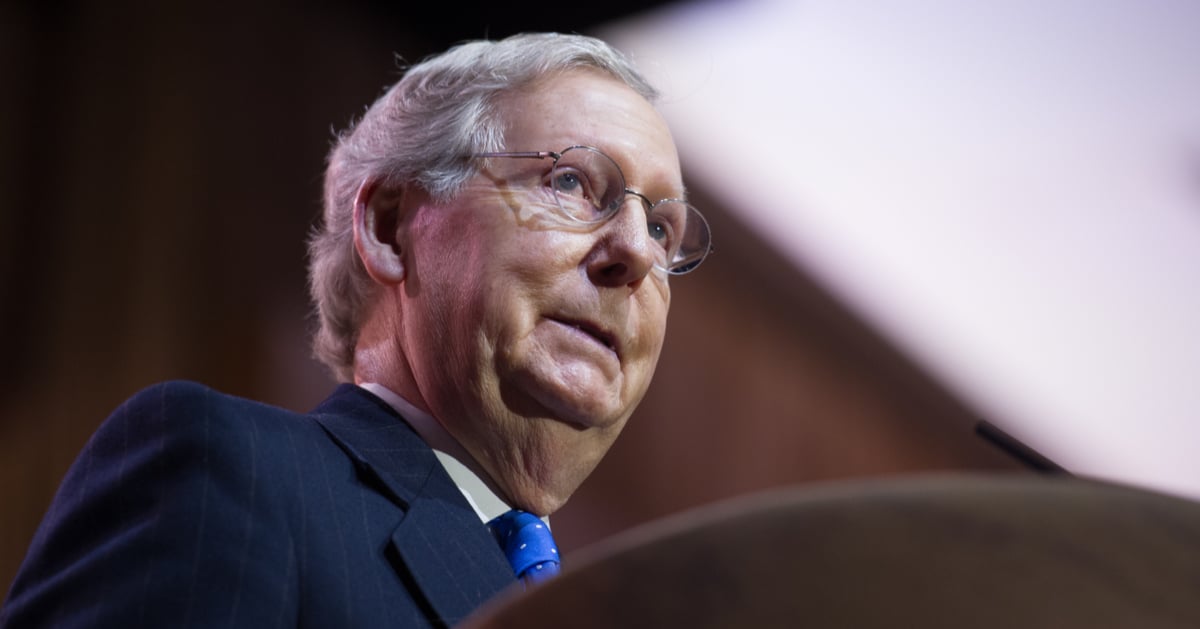

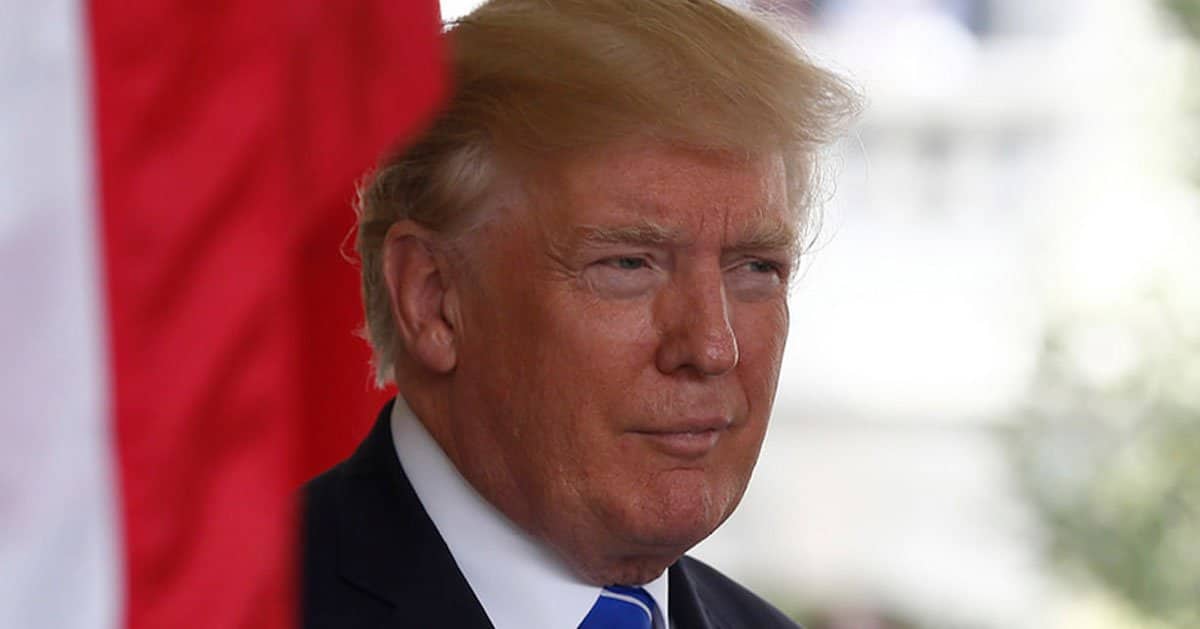
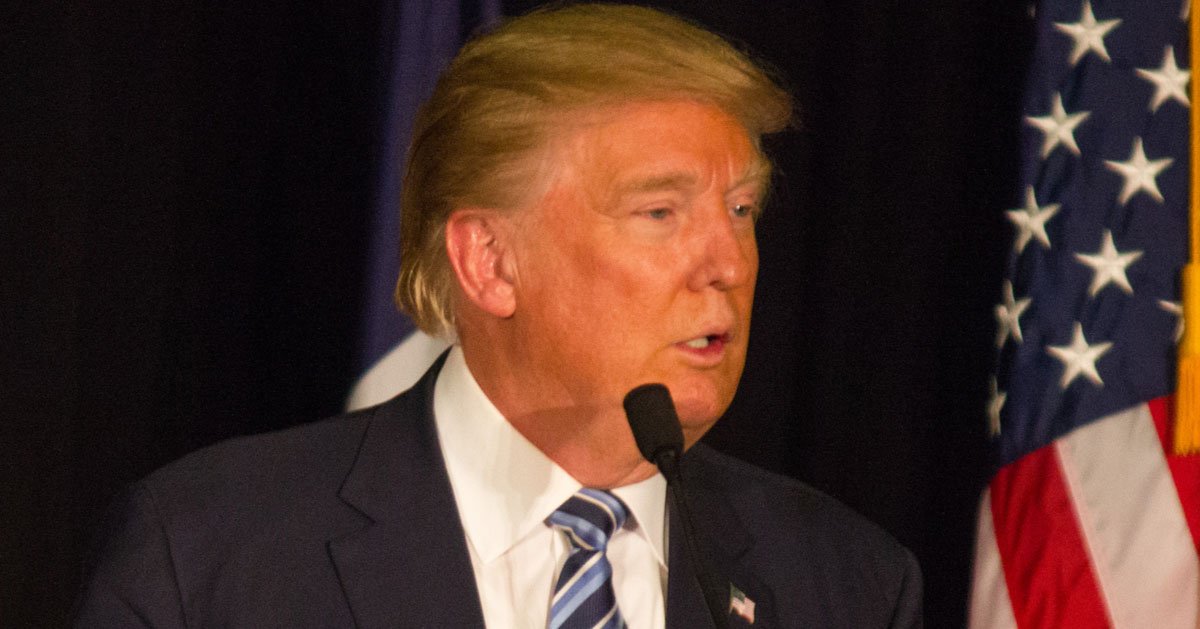
President Donald Trump has voiced his displeasure with Boeing due to the delay in the delivery of two new Air Force One aircraft, which his administration had initially planned. The delivery timeline has now been pushed back several years, with significant financial implications for Boeing due to internal and external issues.
The BBC reported that Boeing's delay in delivering the planes, initially set for 2024, has frustrated Trump, who now considers seeking alternative options despite not favoring Airbus.
Trump's concerns come after Boeing disclosed a significant setback in the production of new aircraft based on the Boeing 747-8 model.
Initially scheduled for transportation to begin in 2024, the delivery date has slipped to possibly stretching into 2027 or 2028.
This delay has led the former president to raise the prospect of exploring alternative avenues for fulfilling the requirement of new presidential aircraft.
The origin of the delay traces back to a contract organized during Trump's first tenure as president.
The specifics of this arrangement were meant to phase out the current aircraft, which have been operational for 35 years. However, Trump's frustrations became apparent as the schedule extension signaled a need to reconsider current options.
Meanwhile, Boeing, grappling with financial distress, did not respond to inquiries for comment on the situation. The challenges faced by Boeing extend beyond this issue, as they recorded substantial losses, notably $11.8 billion in 2024, factoring in industry strikes that impede normal operations.
Trump asserted his dissatisfaction publicly, stating: "No, I'm not happy with Boeing. It takes them a long time to do, you know, Air Force One, we gave that contract out a long time ago." The sentiment draws attention to Boeing's ongoing difficulties in sustaining its commercial aircraft production and defense programs.
Faced with potential further hindrances, Trump is considering whether to "buy a plane or get a plane, or something," which would require conversions to meet the specifications for presidential travel. This statement from Trump highlights the possibility of delving into alternative resources if Boeing fails to provide an expeditious solution.
Despite pushing for these options, the former president displays reluctance towards engaging with Airbus, the European counterpart of Boeing.
However, he does acknowledge the feasibility of acquiring pre-owned aircraft for modification.
Specifically, Trump recently inspected a 13-year-old Boeing 747-8, earlier owned by the Qatari royal family, as a potential alternative.
Back in his first term, Trump already had to engage Boeing on financial grounds, negotiating a revised contract, as he felt the original costs were unreasonably high. The acquisition and preparation of the Air Force One planes necessitate significant expenditures for the mandatory enhancements befitting presidential use.
The economic perspective for Boeing is part of larger tumultuous waters. The aerospace giant's fate has been dogged by publicized turmoil in delivering both commercial orders and sustaining defense contracts.
Nevertheless, Trump's strategic calculation indicates no inclination towards permanent deviation from Boeing, emphasizing the brand's domestic significance in his decision-making.
His resolution maintains regardless of the setbacks encountered on the road towards completing the procurement process.
While Boeing navigates through its tribulations, the American presidency sits at a crossroads regarding its aviation advancements, with the enduring question of who will fulfill the vital role of Air Force One provider lingering.


